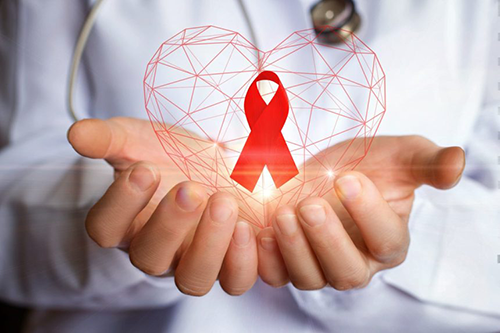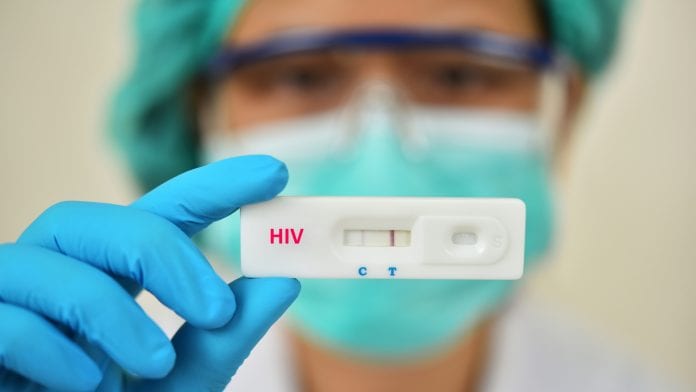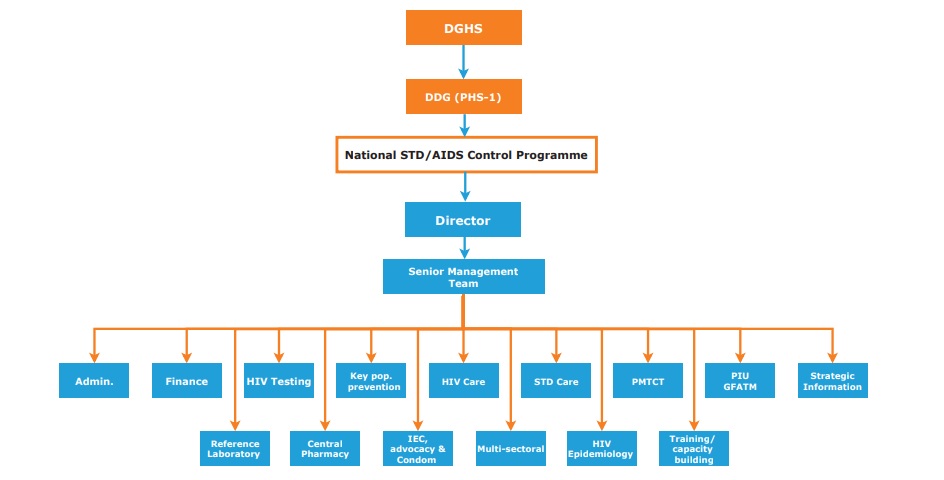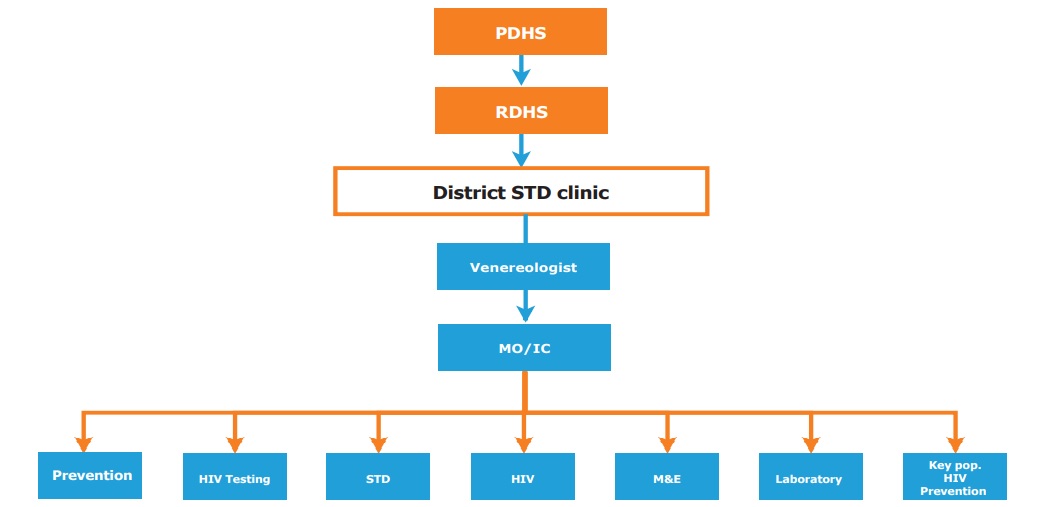Laboratory Services
Laboratory Services
This unit is responsible for the provision of high-quality laboratory services within limits and according to the provisions of the ministry of health, Sri Lanka for the National STD/AIDS Control Programme including antimicrobial resistance surveillance, laboratory quality assurance and infection control.
Sub-Component/s
- Provision of STI/HIV laboratory services.
- Quality control and quality assessment of STI/HIV laboratories in the country.
- Infection control.
- Antimicrobial resistance (AMR) surveillance.
Scope of Work
- To work within and support the relevant NAC technical working group to develop and regularly up-date national policies, strategies, guidelines, protocols, and standardized operational procedures (SOP) for implementation of STD laboratory services in Sri Lanka.
- To collaborate with senior management team (SMT) and other relevant authorities in decision making and carrying out of STD laboratory services.
- To work with other NSACP Units to develop comprehensive and coordinated plans for implementation of the National Strategic Plan and other relevant activities.
- To coordinate and work in partnership with public, private, civil society organizations, and development partners at local, national, and international level.
- To maintain the provision of STD laboratory services through the service delivery points of the National STD/AIDS control Programme in quality assured manner.
- To coordinate with and support institutions within and outside the Ministry of Health in the expansion of appropriate, high quality STD laboratory services.
- Training and capacity building of individuals/institutions in the public, private and civil society organizations on STD laboratory services and methods, in partnership with relevant programme areas in the NSACP.
- To supervise and monitor the quality of STD laboratory services in the programme.
- Provision of technical support, assistance and guidance to provinces, districts and other organizations and agencies in improving quality, supply, and access to STD laboratory services.
- Need assessment and provision of technical assistance for supply and procurement of necessary items or services for the maintenance of STD laboratory services.
HIV Self-testing
What is HIV self-testing?
If you want to get tested for HIV but unable to visit one of clinic for services, don’t worry still you can request a HIV self-test. We will keep all your details confidential.


Step One
Step Two



Step three
மருத்துவ சேவைகள்
Management of Sexually Transmitted Infections (STI)
- Counselling services and health education for STI.
- Clinical services for diagnosis and management of STI.
- Screening for other STIs.
- Condom promotion.
- Partner management and follow up.
Laboratory Testing Services
|
|
HIV Services
- Pre and post-test counselling for HIV testing
- Screening and Confirmation of HIV infection
- Clinical assessment of PLHIV for treatment of opportunistic Infections and eligibility for ART
- Immunological assessment for eligibility for ART
- Provision of ART for adolescents, children adults and pregnant women
- Provision ART for Occupational Post Exposure Prophylaxis (PEP)
- Prevention of mother to child transmission of HIV
- Provision of micro-nutrients for PLHIV
For Antenatal Mothers
- Screening antenatal mothers for syphilis & providing IEC material for education and awareness
- Screening for HIV at pilot sites
- Providing ART for positive mothers
For People living with HIV
- Providing counselling, treatment, care & support (including ART and management of OI)
- Monthly Nutritional package
- Family Planning service
காப்பு சேவைகள்

Avoiding penetrative sex or postponing is good for young persons until they find their permanent partner.

Mutually monogamous relationship in two healthy individuals carries zero risk of STIs.

Above methods may not be practical for some people If so by using condoms correctly and consistently they can prevent Sex. Alcohol and drugs should not be used before or during sex since they impair your ability to have safe sex.More info on Condoms
Novel HIV prevention methods
By taking HIV medications (ART) HIV can be prevented. HIV negative partners can take HIV medications to prevent getting HIV. It is called Pre- exposure prophylaxis (PrRP) and Post Exposure Prophylaxis after Sexual Exposures. (PEPSE).




